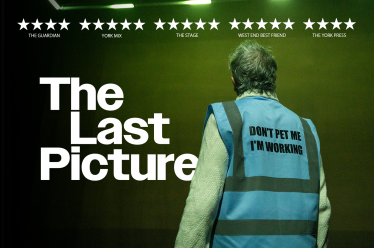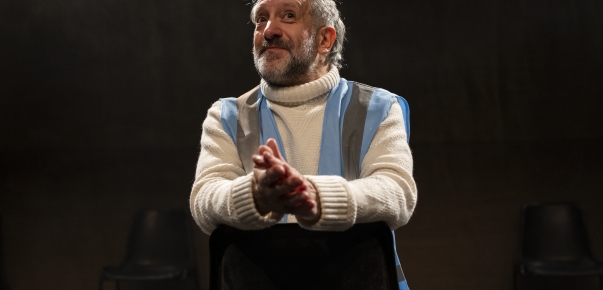painful truth laid bare in Museum of austerity
5 Jun 2024
A few weeks ago, Disability Rights UK reported that no progress has been made since the UN published its 2016 findings into disabled peoples’ rights in the UK. That report found that there were “grave and systemic violations of disabled peoples’ rights”. Eight years later, and the UN assesses that the ‘root causes of inequality and discrimination’ persist in the UK.
The policies of Austerity cut deep after the financial crisis in 2008. But that must be seen in the context of policies from governments of all persuasions that have, over decades, sought to curb welfare spending. And collectively, these policies have had a profound and devastating impact on some of our country’s most vulnerable people.
A situation that has only worsened in the cost-of-living crisis for thousands of people.
We hear about it and read about it in the news. We can see its effects on our streets. Some of us will be experiencing it first-hand. But generally, we are ignorant of the scale of hurt and damage these polices have enabled, pushing already ‘othered’ people further to the fringes of our society.
This is something I find difficult to come to terms with, which is why Sacha Wares’ immersive story-telling experience, Museum of Austerity, is so important – and so important right now.
Museum of Austerity platforms the stories of people who are trying, and horrifically, sometimes failing, to survive against the brutal regime of austerity policies. Policies that rob people of choice, dignity and hope.
There is nothing so powerful, so outrage-inducing, so galvanizing, than hearing and seeing people’s stories, almost first-hand. The immersive technology that delivers Museum of Austerity creates a very present, powerful and moving experience. It’s an exquisite theatrical event, delivered in a differently compelling way.
Sacha has a highly respected career in theatre and has been evolving and pushing the boundaries of new storytelling tools for some time. The technology used to tell these stories somehow amplifies the empathy you feel – because you genuinely feel inside the work, not simply a passive witness.
Museum of Austerity has left me thinking about how technology can provide new platforms for artists like Sacha to tell stories that reach people in different ways. Together they have the power to shine a bright light on hidden injustices, stimulating vital debates that can help develop a greater depth of understanding. This could be such a useful way of making change happen for communities.
The latest assessments of the UK economy suggest that the next government will have a £30b+ financial black hole to fill and face needing a new round of austerity-like measures.
Museum of Austerity will leave you asking what action must we insist our government takes to provide urgent, consistent and reliable protection for the most vulnerable people in our society.
I urge you to see it.
Nancy Medina
Artistic Director





